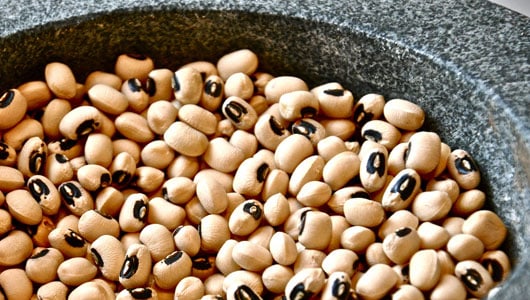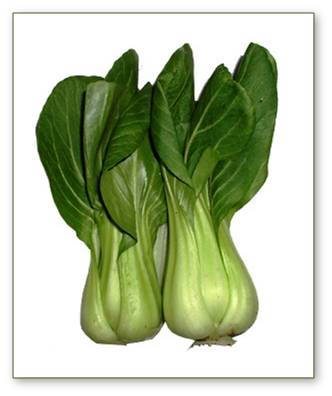Broad beans are widely grown along Yangtze River valley and are mild in nature. Ancient writings make reference to the use of this bean as food by the Chinese more than 5000 years ago. One of the largest producers of broad beans is China . They are also called “silkworm beans” in Chinese because the pods of broad beans resemble a silkworm. There are smaller and bigger breed. The bigger ones are always better in quality.
Broad beans are one of those vegetables that seem to suffer the curse of being overcooked. The key to their enjoyment is a two step process. First, briefly blanch the podded beans in boiling water – between 30 seconds and a minute will be more than enough.
Drain them immediately and then peel away the thick outer skin to reveal the tender deep green beans. It is fiddly but well worth the effort as soon as you taste that sweet hidden jewel.
Health Benefits of Broad beans
Broad beans are rich in L-dopa, an amino acid that is instrumental in the creation of dopamine, a substance that is critical for the pituitary gland’s production of human growth hormone. L-dopa, unlike dopamine, can pass easily through cell walls, enabling our bodies to use it. People whose pituitary glands are not producing sufficient amounts of dopamine can try to correct this condition by eating foods such as broad beans that are high in L-dopa, stimulating their systems to create dopamine.
Broad beans are also rich in potassium, which can have beneficial effects on blood pressure. Potassium is the third most important mineral in our bodies. Potassium deficiencies lead to lethargy, irregular heart function, and irritability and stress. But an excess of potassium can be dangerous as well, so doctors often hesitate to prescribe potassium supplements even when they believe a patient is suffering from a potassium deficiency. Potassium derived from foods like broad beans is a much safer alternative for maintaining healthy potassium levels.
Broad beans, like most other beans, are high in fiber. Fiber is an important digestive aid, making stools softer, bulkier and easier to pass. Beans are high in soluble fiber, which can have beneficial effects on cholesterol and triglyceride levels by cleaning out particles in the blood that contribute to the risk of heart disease. In addition, fiber helps to regulate blood sugar levels, therefore helping patients to control diabetes. Fiber may help to lower cancer risk as well by moving foods through the body faster and preventing buildup of carcinogenic substances.


Margene Hegan
When it is linked to you will find that most have an alternative dealing with that.